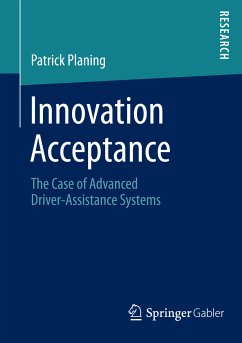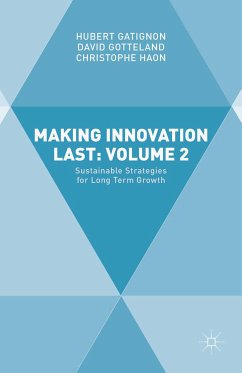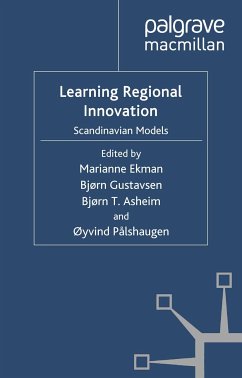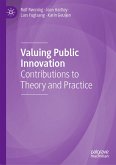Advanced Driver-Assistance Systems (ADAS) provide the opportunity to increase road safety and driving comfort. Reviewing existing empirical work on comparable innovations, Patrick Planing derives potential acceptance constructs, which together with the results of thirty-two semi-structured interviews, have constituted the basis for a survey instrument that was consequently administered to a sample of over 400 participants from the target population. The resulting regression model shows that perceived safety and comfort benefits are most decisive for the acceptance of ADAS, while desire to exert control was found to most strongly support resistance to this technology.
Contents
Target Groups
The Author
Patrick Planing is a doctoral graduate from Leeds Metropolitan University, UK, and a visiting lecturer at various German universities. He currently holds a position in the Business Innovation Unit of a leading premium car manufacturer in Germany.
Contents
- ADAS Technology
- Defining Innovation, Acceptance, Adoption, Resistance, and Diffusion
- Qualitative and Quantitative Research on Innovation Acceptance
- Factors for the Acceptance of Advanced Driver-Assistance Systems
Target Groups
- Researchers and students in the fields of economics and psychology
- Practitioners in the field of driver-assistance development and public institutions in the transport sector
The Author
Patrick Planing is a doctoral graduate from Leeds Metropolitan University, UK, and a visiting lecturer at various German universities. He currently holds a position in the Business Innovation Unit of a leading premium car manufacturer in Germany.
Dieser Download kann aus rechtlichen Gründen nur mit Rechnungsadresse in A, B, BG, CY, CZ, D, DK, EW, E, FIN, F, GR, HR, H, IRL, I, LT, L, LR, M, NL, PL, P, R, S, SLO, SK ausgeliefert werden.









